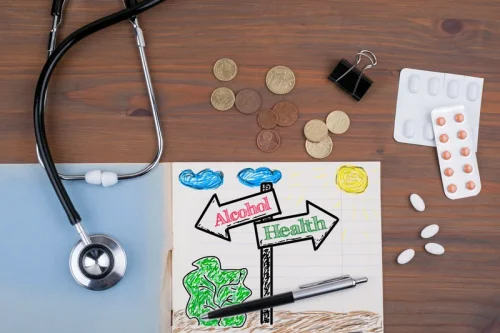
It hinges on the fact that most cravings are short-lived—10 to 15 minutes—and it’s possible to what to do after a relapse ride them out rather than capitulate. Choose to get help, even though shame often deters people from doing so. Identify important past events that gave rise to negative beliefs about yourself.
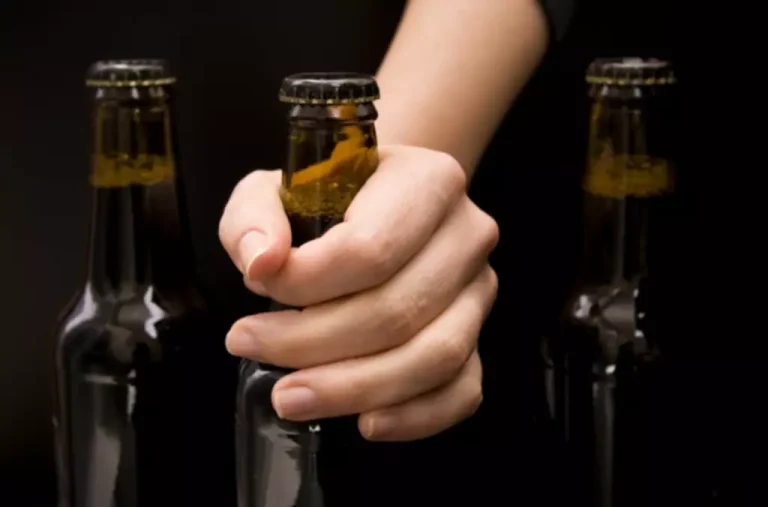
Types & Stages of Relapse
- How individuals deal with setbacks plays a major role in recovery—and influences the very prospects for full recovery.
- Some people return to high-risk situations after treatment.
- They can offer you free and confidential advice about what to do next.
- Alternatively, you may start to look into more formal treatment.
- For example, between 30 and 50 percent of patients with Type 1 diabetes relapse, and between 50 and 70 percent of people with hypertension relapse, according to the National Institute on Drug Abuse.
- If eligible, we will create a treatment plan tailored to your specific needs.
For example, they may attend clinics that provide detox but not therapy. In many cases, 30 days of residential treatment and multiple months of therapy are required to prevent relapse. Tolerance can begin to decrease after a few days of sobriety. People who maintain sobriety for several weeks or months become much less tolerant than they were in the past. If they relapse and use the same dose that they used during active addiction, their risk of overdose is high.
Reconnecting with Supportive Individuals After Relapse
Sometimes nothing was going on—boredom can be a significant trigger of relapse. Such reflection helps you understand your vulnerabilities—different for every person. Armed with such knowledge, you can develop a contingency plan to help you avoid or cope with such situations in the future. This is especially the case with relapse among addicted youth.
- Helping people understand whether emotional pain or some other unacknowledged problem is the cause of addition is the province of psychotherapy and a primary reason why it is considered so important in recovery.
- In addition to getting professional treatment, avoiding your triggers, finding social support, caring for yourself, and managing stress can help prevent future relapse.
- Friends, family members, and other sober people can help you cope with relapse.
- Inventory not only the feelings you had just before it occurred but examine the environment you were in when you decided to use again.
Remind yourself that addiction is a disease, not a character flaw.
Coping skills can keep thoughts from escalating into substance use. In the absence of an emergency plan for just such situations, or a new life with routines to jump into, or a strong social network to call upon, or enhanced coping skills, use looms as attractive. Alternatively, a person might encounter some life difficulties that make memories of drug use particularly alluring. I prefer to use the term “set back” when I get sucked back into the Black Hole — bam! — stuck inside a brain that covets relief, any form of relief, and will do just about anything to get it. Some people attend support groups for their entire lives and find happiness in supporting others trying to overcome addiction.
Treatment & Support
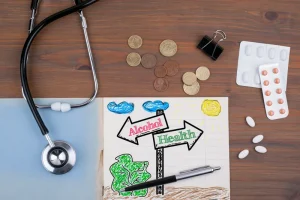
By providing the company of others and flesh-and-blood examples of those who have recovered despite relapsing, support groups also help diminish negative self-feelings, which tend to fester in isolation. Mutual support groups are usually structured so that each member has at least one experienced person to call on in an emergency, someone who has also undergone a relapse and knows exactly how to help. Some people arrange a tight network of friends to call on in an emergency, such as when they are experiencing cravings. Since cravings do not last forever, engaging in conversation about the feelings as they occur with someone who understands their nature can help a person ride out the craving. People can relapse when things are going well if they become overconfident in their ability to manage every kind of situation that can trigger even a momentary desire to use.
How to Identify Your Triggers
Because I do think they were contributing to my self-battery. Relapse is an obstacle on the path to recovery, but it’s an obstacle that can be overcome. If it’s used as a learning opportunity, it can be the last major obstacle on a path toward a happy and fulfilling life. Friends and family members can recognize outward warning signs and try to intervene before a full relapse occurs. However, people who slip and don’t seek help often experience a physical relapse. They begin using obsessively or compulsively, and they start to experience negative consequences from that use.
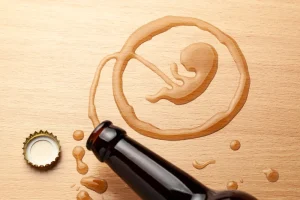
Creating a Relapse Prevention Plan

However, it is never too late to recover from a relapse, so don’t be https://ecosoberhouse.com/article/how-to-cope-with-loneliness-during-addiction-recovery/ discouraged if you think you’ve gone too far back into your addiction. It is not uncommon to need professional help to stop using after a relapse; many people benefit from the added support of an addiction treatment program a second and even third time (or more, in some cases). The intensiveness of treatment is dependent on the severity of relapse. Supervised detox may be necessary to safely overcome dependency and withdrawal symptoms. In less severe cases, outpatient therapy and support groups may be adequate. Insurance plans are not allowed to impose lifetime or dollar limits on substance abuse coverage, so treatment is covered regardless of how many times a person has received treatment in the past.
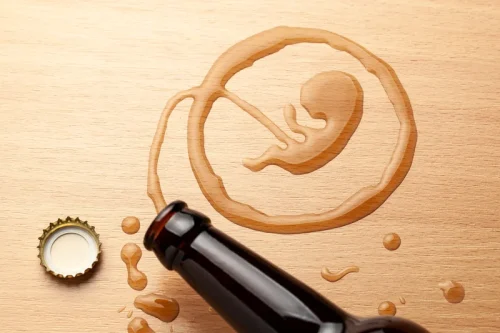
Some people can overcome physical dependence to a drug without committing to living a healthy life in recovery. Dry drunks, for example, are sober people in recovery who continue to engage in risky behaviors that increase their risk for relapse. Signs of a dry drunk include attending bars, refusing to seek therapy and obsessing over alcohol. It’s about creating a lifestyle that can help a person maintain their recovery goals.
Leave a Reply